6 Signs You Need To Replace Your Water Softener
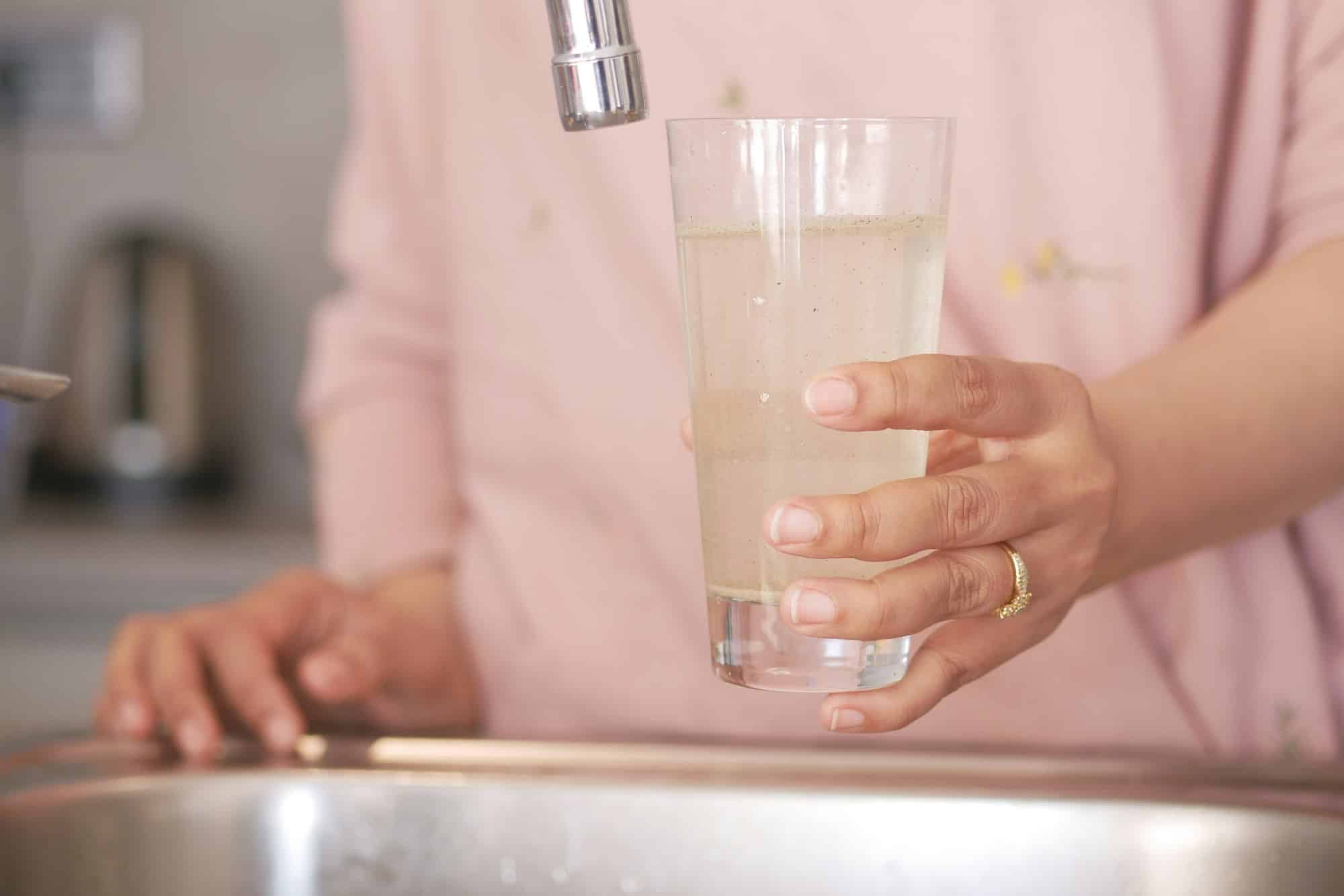
Shop Our Products
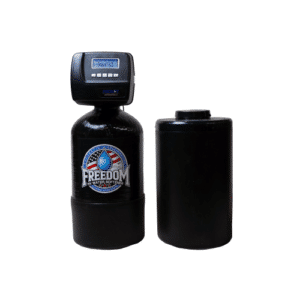
Freedom RV Water Softener System
Specifically for RV and fifth-wheel owners, this high-quality system guarantees your RV’s water is pure,
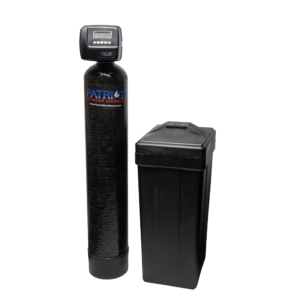
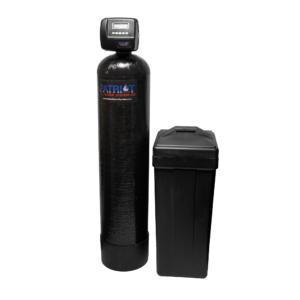
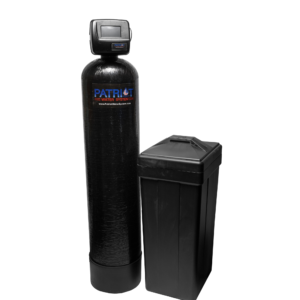
Is Your Water Softener Past Its Prime?
Your water softener works hard behind the scenes to keep your water clean, but like any appliance, it won’t last forever. Over time, wear and tear can take a toll, leaving you with water that’s harder than it should be, and all the issues that come with it. To avoid dry skin, chalky residue, and fading laundry, replacing your water softener may be needed.
The good news is you don’t have to wait for a total system breakdown to take action. By spotting these 6 signs, you can decide if it’s time to upgrade your water softener before the problems start piling up.
Learn More | What is Hard Water?
1. Your Water Tastes or Smells Off
Have you noticed your water tasting metallic, salty, or just plain gross? Or maybe it has an odd smell that wasn’t there before? These are often early warning signs that your water softener is no longer doing its job properly.
Over time, the resin beads in your water softener can lose their effectiveness. If regular maintenance like cleaning or adding salt doesn’t fix your problems, you may need to consider a new softener.
Tip: Water testing can help confirm if the system is the problem and whether it’s time to upgrade.

2. Your Skin and Hair Feel Dry and Irritated
Does your skin feel tight or itchy after a shower? Does your hair seem dull, brittle, or lifeless no matter what shampoo you use? These could be signs that your water softener isn’t removing hard water minerals like calcium and magnesium.
Hard water leaves behind residue that clogs your pores and strips your skin and hair of their natural moisture. Over time, this can lead to dryness, irritation, and it can even worsen skin conditions like eczema.
If you have these problems and your softener is more than 10 years old or frequently needs repairs, it may be time to replace it. A new water softener can restore balance to your water and help your skin and hair feel refreshed again.
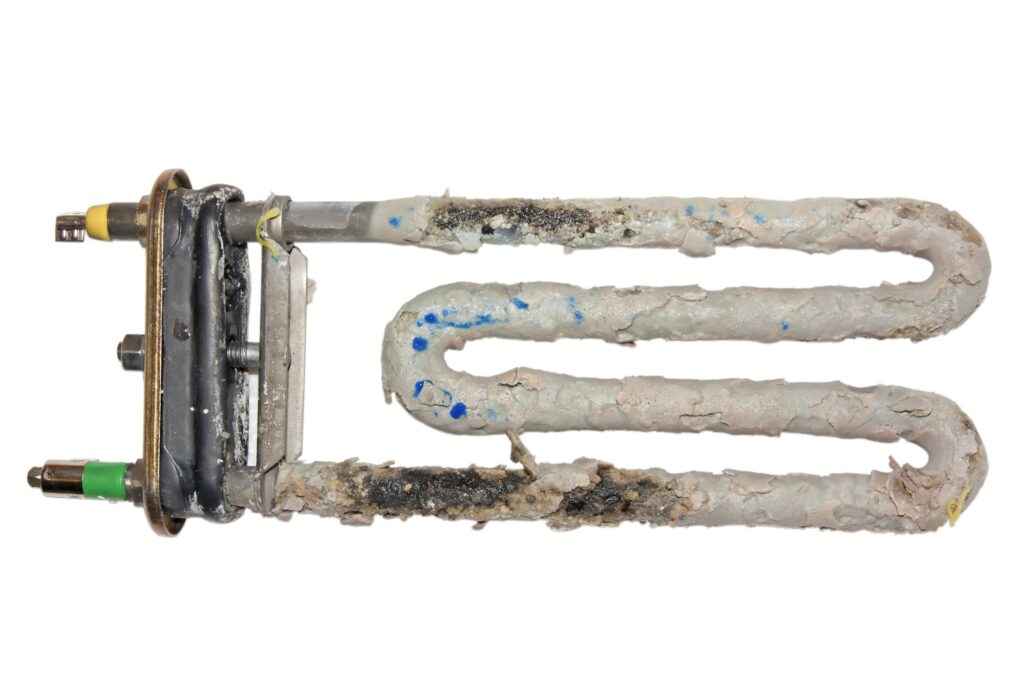
3. You’re Seeing White, Chalky Residue
If you have noticed white, chalky residue on your faucets, showerheads, and dishes, your water softener may be working improperly.
This buildup, also known as limescale, starts accumulating on surfaces around your home. Over time, this can lead to clogged shower heads, reduced water flow, and even damage to your appliances. If regular cleaning doesn’t seem to keep the buildup away, or if the problem keeps returning, it may be time to replace your water softener.

4. Your Laundry Is Fading or Stiff
If your clothes and linens feel scratchy or look dull and gray, even after being freshly washed, hard water could be to blame. When a water softener isn’t functioning properly, hard water minerals can prevent your detergent from dissolving fully, leaving residue behind on your fabrics. This causes clothing to lose its vibrant color and feel stiff or rough against your skin.
5. Your Water Pressure Is Dropping
Have you noticed that your water pressure isn’t what it used to be? Minerals like calcium and magnesium, can accumulate in your pipes over time, causing blockages and restricting water flow.
If your water softener is no longer removing these minerals, your plumbing will begin to suffer the consequences. Left unchecked, this buildup can lead to expensive repairs.
If you’re experiencing low water pressure and suspect hard water is the source, it’s worth checking whether your softener is still doing its job. A failing system may need to be replaced to restore your home’s water flow and prevent further damage.
6. It’s Been Over a Decade Since Your Last Upgrade
How long have you had your current water softener? Most systems are built to last around 10 to 15 years, depending on usage and maintenance. If your softener is approaching or past this range, it may be struggling to work as it once did.
Older systems become less effective at removing minerals over time, even with regular upkeep. They also lack the improved technology and energy efficiency found in today’s newer models, which save you money on your water and energy bills in the long run.
If your water softener is over a decade old and causing recurring issues, it might be time to upgrade your water softener to a newer, more reliable system.
Ready to Improve Your Water Quality?
Don’t wait for hard water problems to take over your home. If you’ve noticed any of these signs, it might be time to upgrade your water softener. A new system can help restore your water’s quality, protect your appliances, and make everyday tasks like bathing and laundry so much easier.
If you are looking for a new water softener but don’t know where to start, read our tips on choosing the best water softener.
Contact Patriot Water System today to discuss whether it’s time to replace your water softener. Our team is here to help you find the perfect solution for your home and ensure your water is clean, soft, and reliable for years to come.
Frequently Asked Questions
How can I make my water softener more efficient?
To make your water softener more efficient, check and refill the salt levels regularly, clean the brine tank annually, and use high-quality salt. Ensure the settings match your water hardness and household usage, and schedule routine maintenance to catch issues early. Replacing worn-out resin beads can also improve performance.
What is the average life expectancy of a water softener?
A water softener typically lasts 10 to 15 years, depending on usage, maintenance, and water quality. Systems in homes with high water demand or extremely hard water may wear out faster. If your softener is near this age and showing signs of inefficiency, it might be time for a replacement.
Can I replace a water softener myself?
While it’s possible to replace a water softener yourself, it’s not recommended unless you have plumbing experience. Improper installation can lead to leaks, inefficiency, or damage, and DIY installation may void the warranty on some systems. For a hassle-free, properly installed system, hiring a professional is the better option.
What happens if you don’t replace your water softener?
If you don’t replace your water softener, hard water minerals can accumulate in your plumbing system, leading to limescale buildup. This buildup can eventually reduce water pressure, clog pipes, and damage appliances. Ignoring the issue further can cause expensive repairs and replacements for plumbing and household appliances. You’ll also be more likely to notice problems like dry skin, dull laundry, and cloudy dishes.
Share:
Talk to A Water Quality Expert
Shop Our Products

Freedom RV Water Softener System
Specifically for RV and fifth-wheel owners, this high-quality system guarantees your RV’s water is pure,




Annual Water Softener Maintenance Checklist
Performing annual maintenance on your water softener prevents mineral buildup, ensures efficient operation, and extends its lifespan. Our checklist includes: a) checking salt levels, b) cleaning the brine tank, c) breaking up salt bridges, d) cleaning the resin tank, e) inspecting valves, and f) flushing the system. Regular maintenance keeps your water softener running smoothly and protects your investment.

How Long Do RV Water Softeners Last (2024)
RV water softeners typically last between 7 to 10 years, depending on factors like quality, frequency of use, maintenance, and water hardness levels. Proper care can extend their lifespan, ensuring soft water for your travels. For more details and maintenance tips, read our full guide on enhancing your RV water quality.

Regenerate Your RV Water Softener in 4 Easy Steps (2024)
To regenerate your RV water softener, you have to do 4 things. 1) check salt levels 2) initiate the regeneration cycle 3) flush the system and 4) and test water hardness. By regularly regenerating your water softener, you can prevent scale buildup and keep your water system functioning optimally.
Join Our
Newsletter
Get the latest information, and exclusive offers on water softening and purity solutions
